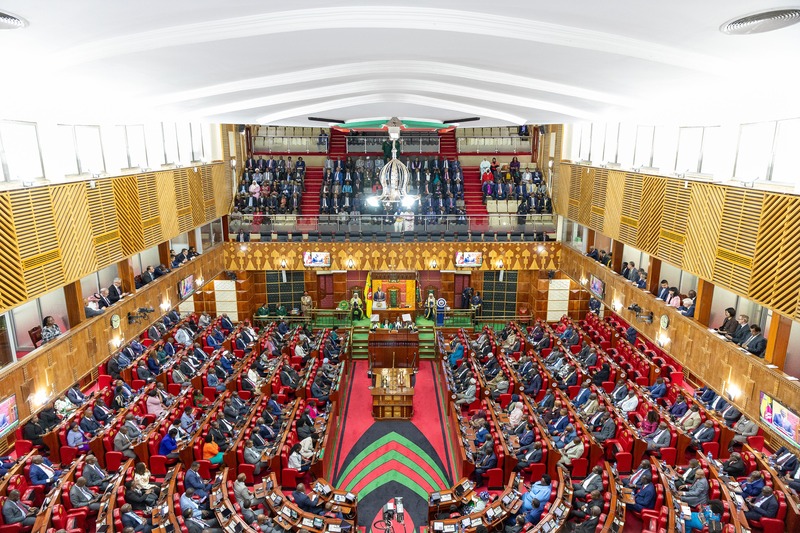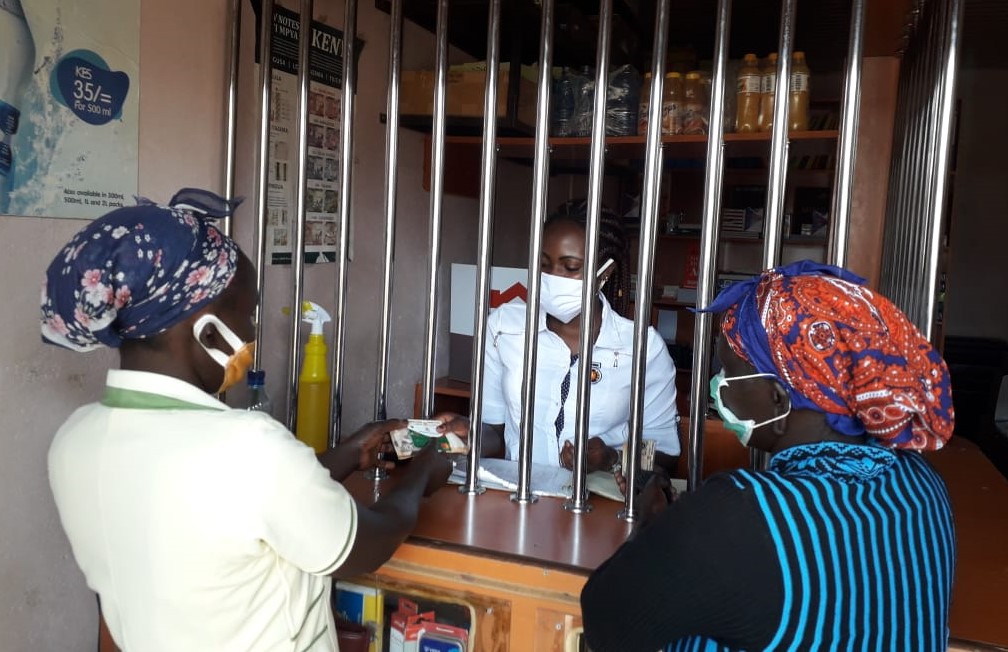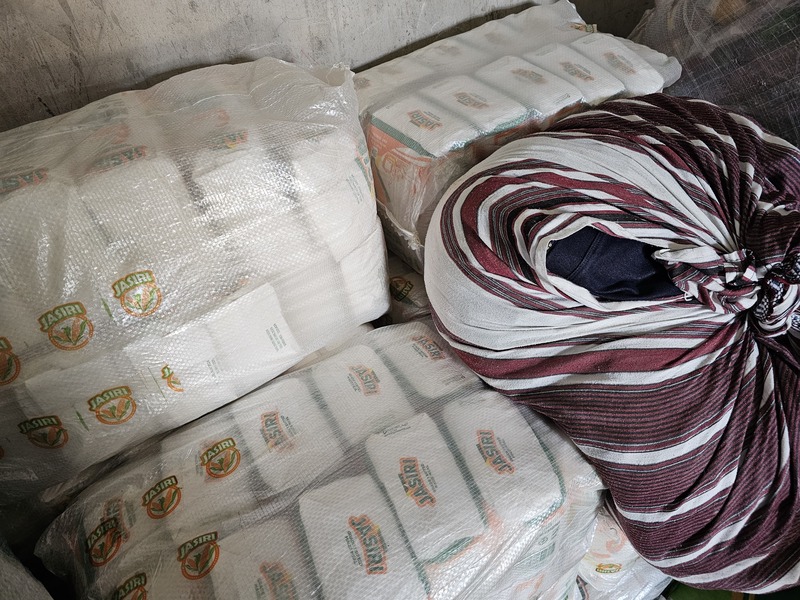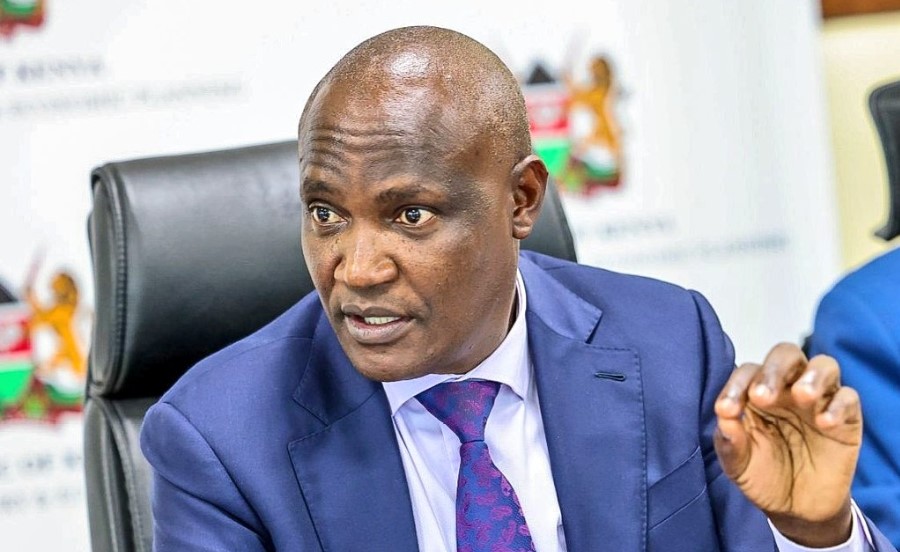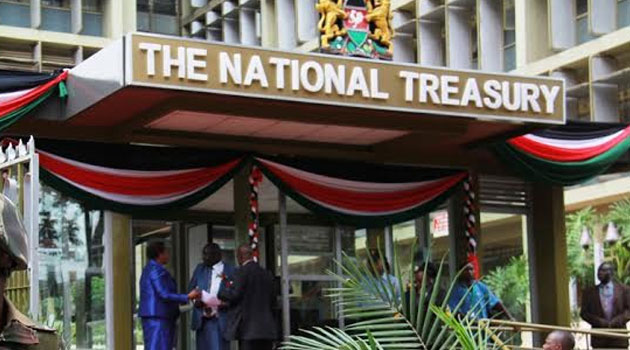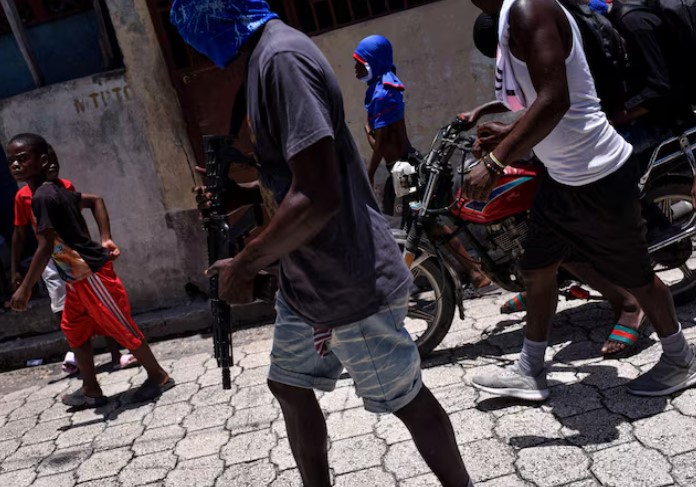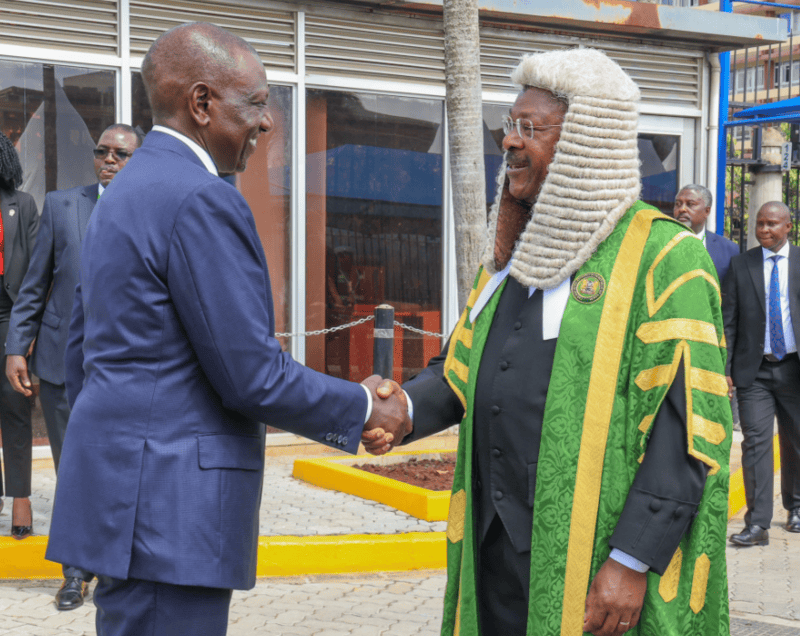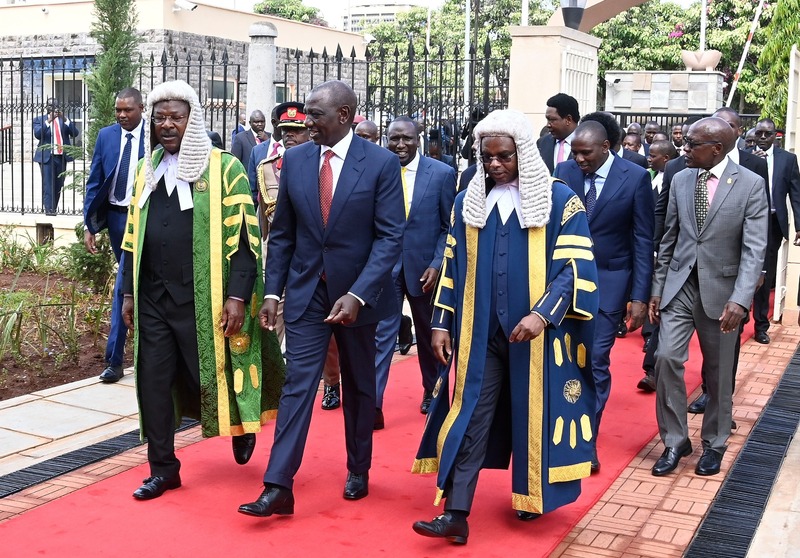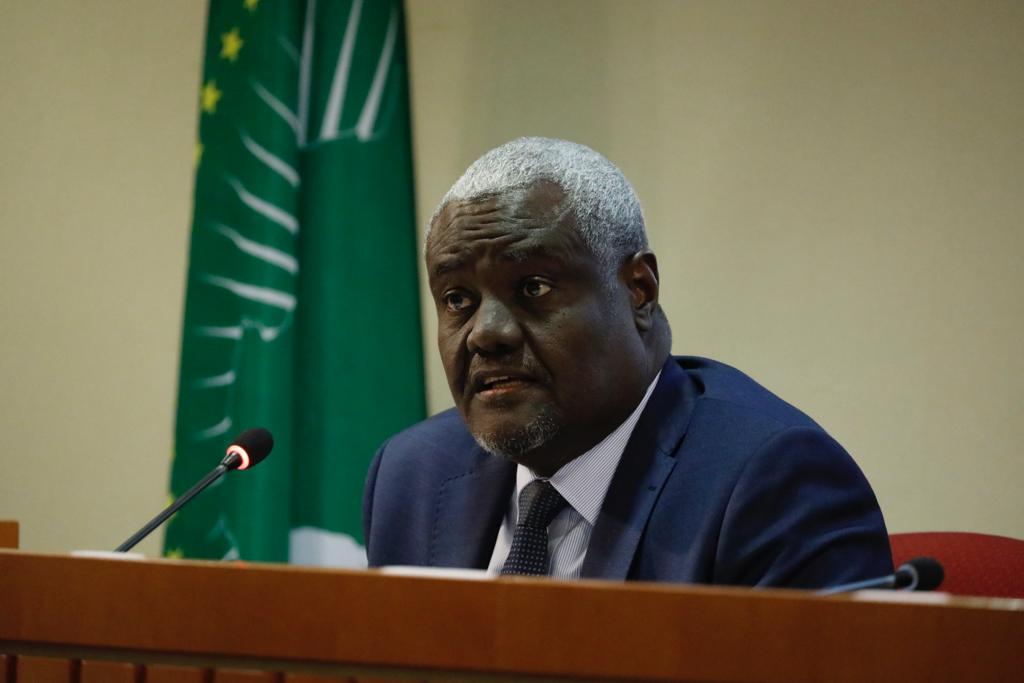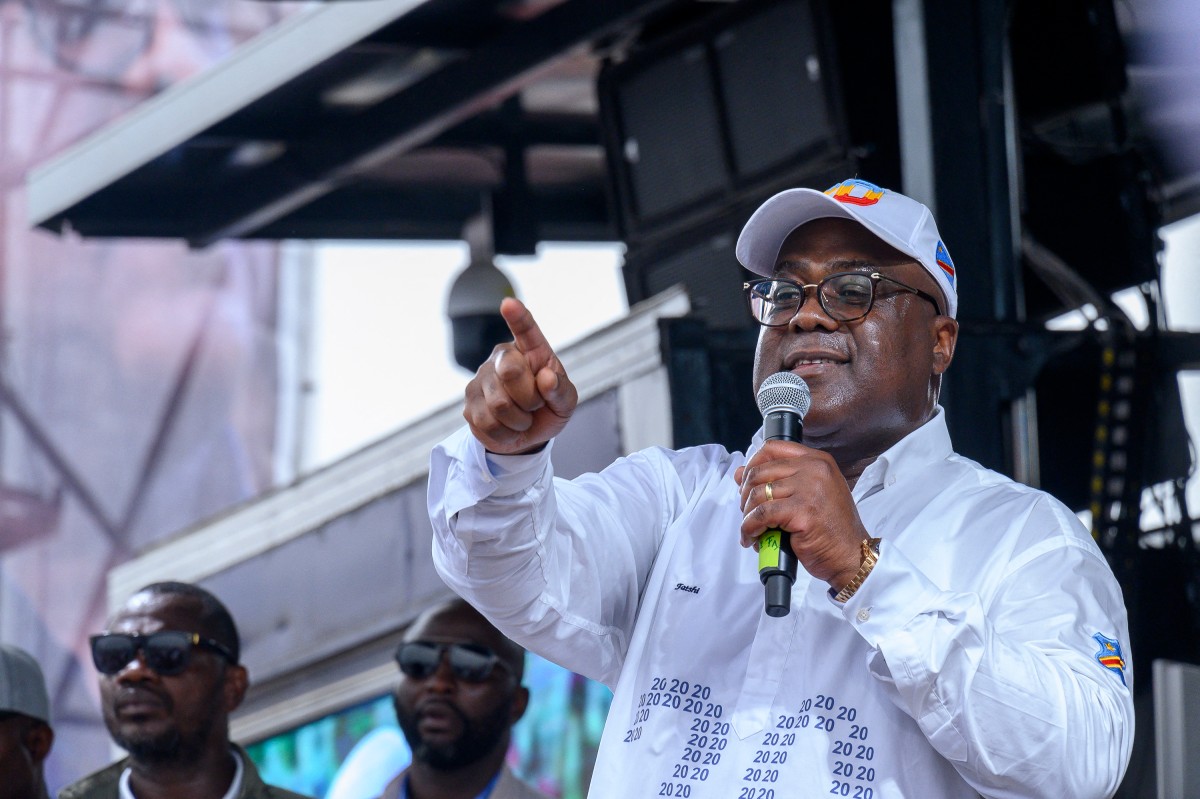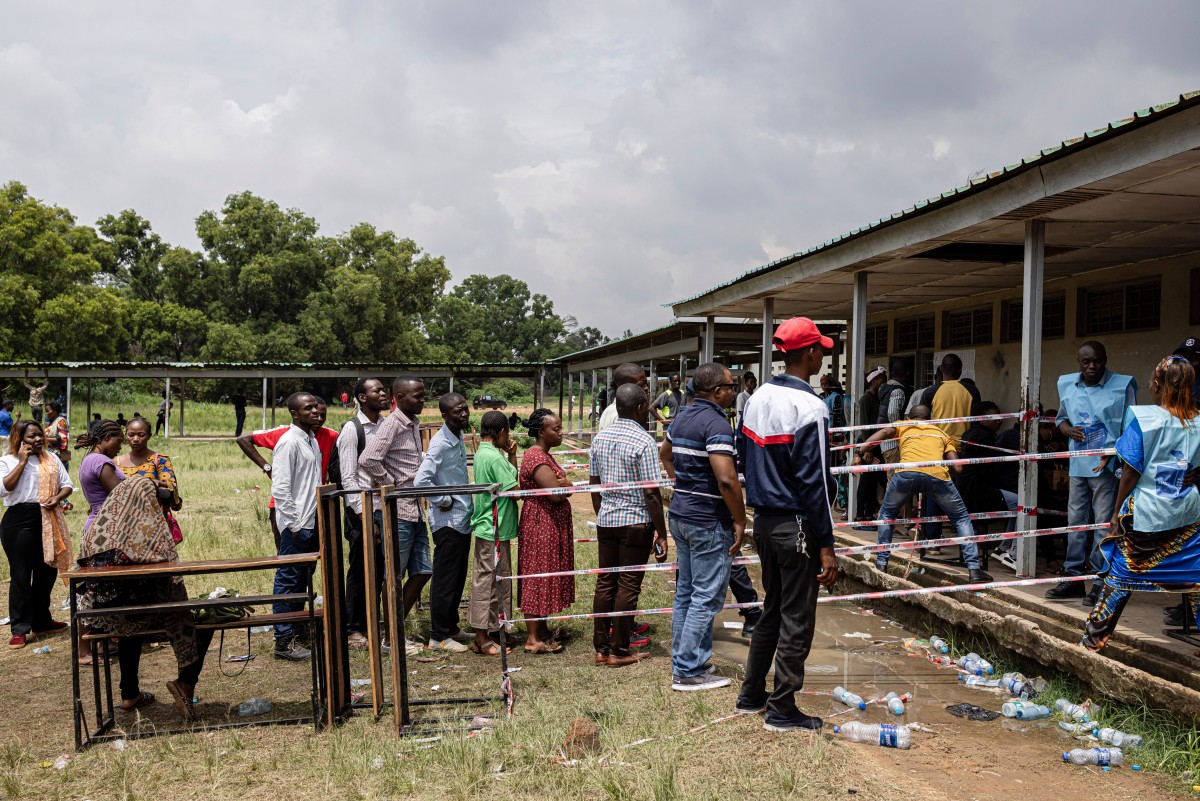DRC: President Tshisekedi fires his peace processes representative
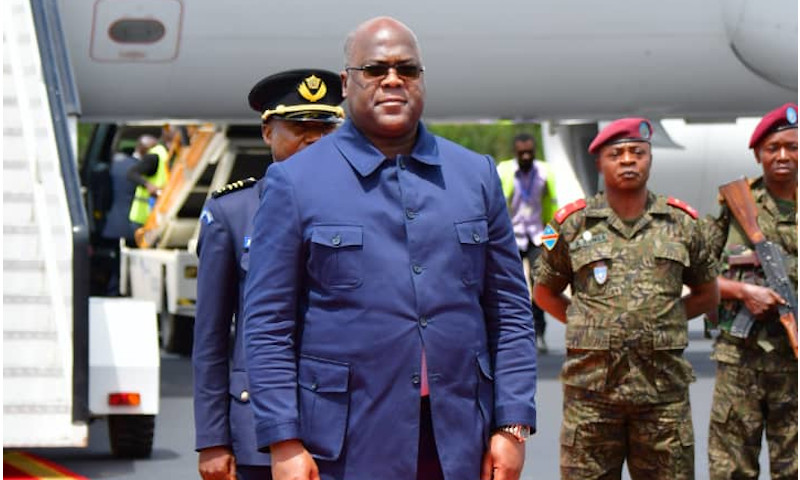
By Mary Wambui |
The development comes barely two months after the East African Community (EAC) announced that it is seeking a resumption of peace talks to end escalating violence in the Eastern Democratic Republic of Congo (DRC) under the Nairobi and Luanda peace processes.
President Felix Tshisekedi's decision to fire Tshibangu Serge, one of his key confidants and High Representative for the Monitoring of the Luanda Roadmap and the Nairobi Process, has sparked concerns about the future of the East African Community-led Peace Process.
In a surprise move announced on National TV by President Tshisekedi's spokeswoman Tina Salama, Tshisekedi replaced Professor Tshibangu, with Mr. Sumbu Sita mandating him with "monitoring of the Luanda Roadmap and Regional Economic Organizations" without mentioning the Nairobi peace process.
Keep reading
"The following person is hereby dismissed from the position specified opposite his name; Mr Tshibangu Kabeya Serge, High Representative for the monitoring of the Luanda Roadmap and the Nairobi Process. The following person is appointed to the position specified opposite his name; Mr Sumbu Sita Mambu, High Representative for the monitoring of the Luanda Roadmap and Regional Economic Organisations," she said.
The Spokesperson did not give reasons for the move that happened barely five weeks after the Head of State also dismissed Jean-Bosco Bahala, the country's coordinator of the Disarmament, Demobilization, Community Recovery and Stabilization Program(PDDRC-S).
He was dismissed on July 23 for allegedly participating in a meeting with the March 23 Movement(M23) in Entebbe, Uganda.
Tshibangu has been a key figure in the two-peace processes and will be remembered for his firm stand against armed groups that failed to show up for talks and surrender their weapons during the third Inter-Congolese peace talks held in Nairobi in December 2022 during which he represented President Tshisekedi as his special envoy.
During the meeting, Prof Tshibangu said the DRC government would not negotiate with groups that deliberately declined to take part in the peace process.
"There will be no amnesty for these people. There will be no forum for us to discuss with foreign armed groups, they should lay down their arms and go to their homes. There shall be no negotiations with them. Military action shall be deployed against them," he said adding that those that heed to the call shall be taken through the transitional justice process and be held accountable for their atrocities.
The meeting brought together civil society groups, women advocacy groups, armed rebels and other stakeholders to dialogue over issues affecting the country.
Prof Tshibangu has yet to react to the news.
The development comes barely two months after the East African Community (EAC) announced that it is seeking a resumption of peace talks to end escalating violence in the Eastern Democratic Republic of Congo (DRC) under the Nairobi and Luanda peace processes.
A communique shared after a retreat of member countries' EAC ministers in Zanzibar resolved to allow the two processes to resume concurrently within undisclosed timelines.
"The Ministers acknowledged that the viable path to sustainable peace and security in Eastern Democratic Republic of the Congo is through a political process and recommended the convening of a summit of the EAC-led Nairobi process in reciprocal coordination with the Luanda process," the communique said.
The two processes seek to address the two dimensions that define the security challenges in Eastern DRC.
The Luanda Process has been holding meetings in Angola's Capital as late as last week, as the Nairobi process continues to halt its activities.
The EAC-led Nairobi Process was launched in April 2022 to resolve the internal conflict in the Eastern Democratic Republic of Congo (DRC) through engagement with stakeholders including the government, armed groups, civil society organisations and the international community through dialogue and negotiation.
It is led by former Kenyan President Uhuru Kenyatta who acts as the facilitator of the process.
The Luanda process on the other hand focuses on ending the hostility between DRC and its neighbour Rwanda whom it accuses of sponsoring the most dominant armed group in Eastern DRC- the M23 which has been blamed for wreaking havoc in the country's eastern region.
The deteriorating security situation in eastern DRC has in recent months led to calls for the resumption of talks.
The Nairobi process has been on hold since last year and before the exit of the East African Community Regional Force (EACRF) and the arrival of the Southern African Development Community (SADC) Mission in the Democratic Republic of Congo (SAMIDRC).
At the beginning of the month, the Luanda process brokered a truce between the Democratic Republic of Congo and Rwanda kicking off an open-ended ceasefire in Eastern DRC that has since been violated with the resumption of violence, the latest happening at the border between the two countries in North Kivu.
Reader comments
Follow Us and Stay Connected!
We'd love for you to join our community and stay updated with our latest stories and updates. Follow us on our social media channels and be part of the conversation!
Let's stay connected and keep the dialogue going!

